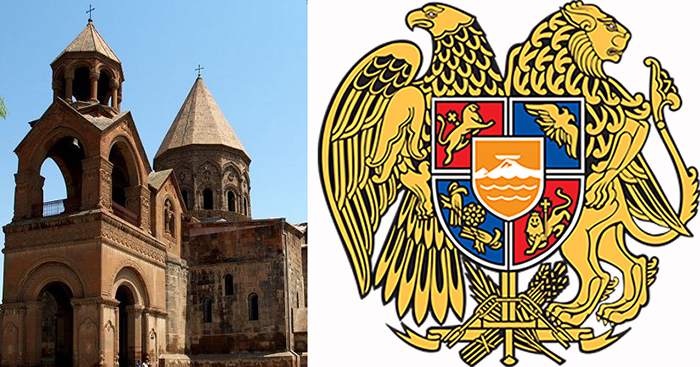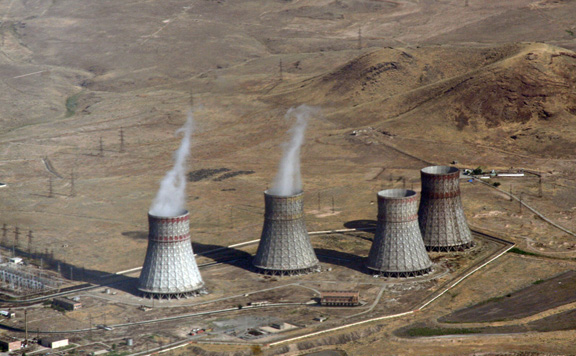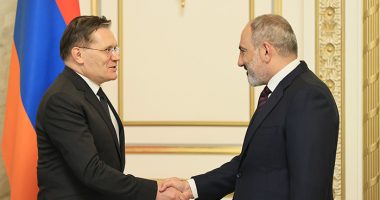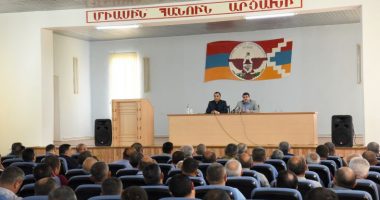By K. KHODANIAN
In a gathering convened at the Mother See in Holy Etchmiadzin, chaired by Karekin II., the Catholicos of All Armenians, an extensive session of the Supreme Spiritual Council took place. Following this meeting, a statement was issued, notable for its emphasis on internal political affairs within Armenia rather than purely religious matters.
Repeatedly, we have observed the infusion of political themes into the pronouncements of the Supreme Spiritual Council in recent years. These statements often diverged from reality or presented a distorted perspective. Such declarations now seem geared towards a singular objective: critiquing every action of Armenia’s current government and rallying public sentiment against the administration.
Clergy members, who previously remained silent amid numerous social challenges and uprisings during the reign of past regimes, have now assumed quasi-political roles, asserting the prerogative to oppose the government on all fronts.
In its latest address, the Supreme Spiritual Council laments that “several vital issues of national and spiritual significance remain unresolved due to the strained relations between the church and the state,” thereby insinuating the responsibility on the part of the authorities.
Recalling the sequence of events that led to the current strained state of church-state relations is informative. Following the conclusion of the 44-day war and the subsequent street protests demanding the resignation of Prime Minister Nikol Pashinyan, wherein it became evident that the populace rejected the remnants of the previous corrupt administrations, the Mother See itself sided with the opposition in advocating for the Prime Minister’s resignation. However, the opposition’s and Mother See’s objectives have failed by the political foresight of the Armenian people. Pashinyan continued in his role until the decision was made to hold extraordinary parliamentary elections which took place eight months post-war, in June 2021. These elections were deemed democratic and fair by both local and international observers. The ruling party secured a majority in Parliament, and Pashinyan was re-elected as Prime Minister.
It was anticipated that following the expression of public will in Armenia, the matter of the Prime Minister’s resignation would be put to rest for the church. Regrettably, this was not the case. His Holiness persisted in his call for the Prime Minister’s resignation even thereafter. Moreover, senior clergy members participated in opposition-led demonstrations, where calls for violence were voiced, and spoke impatiently against the government. Despite these developments, there were no public denunciations of the Church or His Holiness by the country’s leadership.
In this difficult period for Armenia, normalizing relations between the church and the state remains elusive, primarily due to misguided and unproductive stances from one side. The Church must relinquish its political entanglements and refocus on addressing the spiritual needs of the people. The initiative for reconciliation lies with His Holiness, after which true harmony in church-state relations can gradually be restored—a development crucial for the well-being of our nation and the homeland.
“MASSIS”










